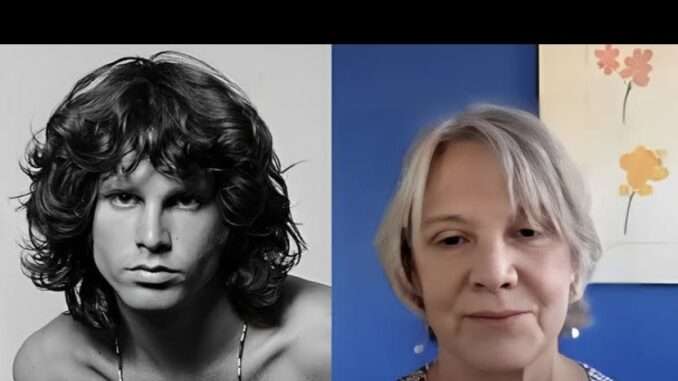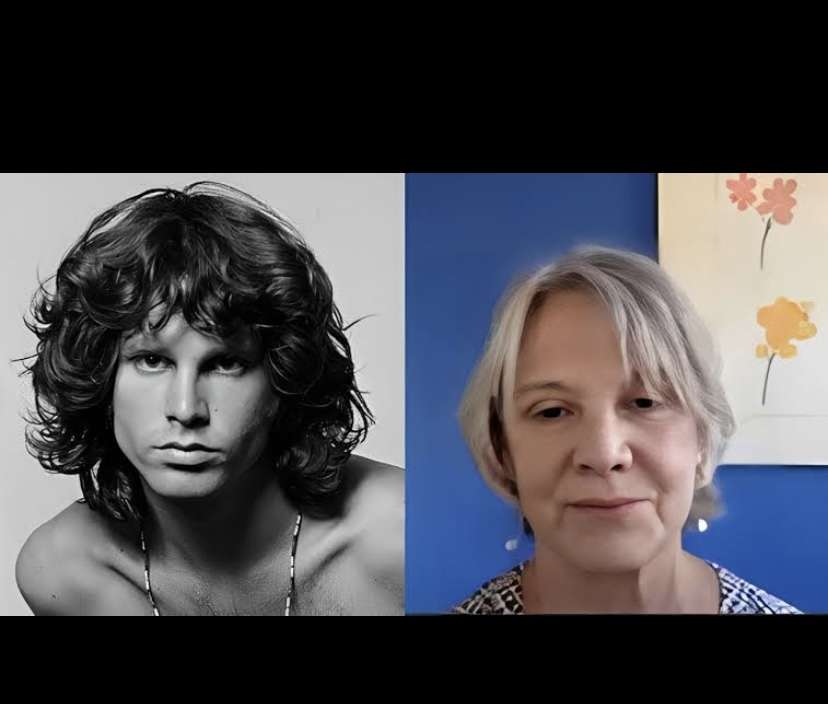
Jim Morrison, the enigmatic frontman of The Doors, has long been remembered as a symbol of rebellion, poetry, and untamed freedom. Yet behind his iconic image lay a deeply complex personal life—one marked by emotional distance from his family and a curious myth he created about them. In a recent interview with *The Daily Beast* promoting *The Collected Works of Jim Morrison*, his sister Anne Morrison Chewning shed new light on his decision to claim his family was dead, an act that has puzzled fans for decades.
Growing up in a strict military household, Morrison developed a turbulent relationship with his father, George Morrison, a high-ranking admiral in the U.S. Navy. Discipline, order, and tradition defined their home—values that Jim would later reject through his music, poetry, and lifestyle. According to Anne, their father neither understood Jim’s art nor the countercultural movement he represented. “People used to say, ‘It’s just noise,’” she recalled. Although their parents followed his career through newspaper clippings and magazine stories saved by their mother, they struggled to grasp the depth of his artistic evolution.
After moving from Florida to California in 1964 to study film at UCLA, Morrison took a radical step—he began telling people that his parents and siblings were dead. He described himself as an orphan, severing all ties between his rising public persona and his family life. Anne Morrison Chewning believes this stunning fabrication was not born out of hatred, but protection. “It was always my belief that he did it to protect my dad who was moving up in the Navy,” she said. By distancing himself, Jim avoided dragging his traditional family into the disruptive world of rock stardom and protest culture.

Anne’s revelations come alongside the release of *The Collected Works of Jim Morrison*, a compilation of his personal notebooks, poetry, screenplay drafts, and lyrical fragments. These writings confirm what many long suspected—Morrison saw himself less as a rock star and more as a poet-filmmaker. In one entry, he wrote, *“End w/fond goodbye & plans for future – not an actor, writer-filmmaker. Which of my selves will be remember’d. Goodbye America, I loved you.”*
This haunting line hints at his growing desire to leave music behind and reinvent himself. Even at the height of fame, Morrison questioned which version of himself would endure—the public icon or the private artist.
Jim Morrison died in Paris in 1971 at age 27, his death shrouded in mystery and myth, much like his life. Yet through Anne’s voice and his own writings, we glimpse a more vulnerable figure—an artist torn between two worlds, seeking freedom not just from society, but from his own identity.
In the end, Morrison’s greatest performance may not have been on stage, but in how he carefully constructed and concealed his true self. Through his sister’s honesty, the world is now beginning to understand the man behind the myth.
Leave a Reply